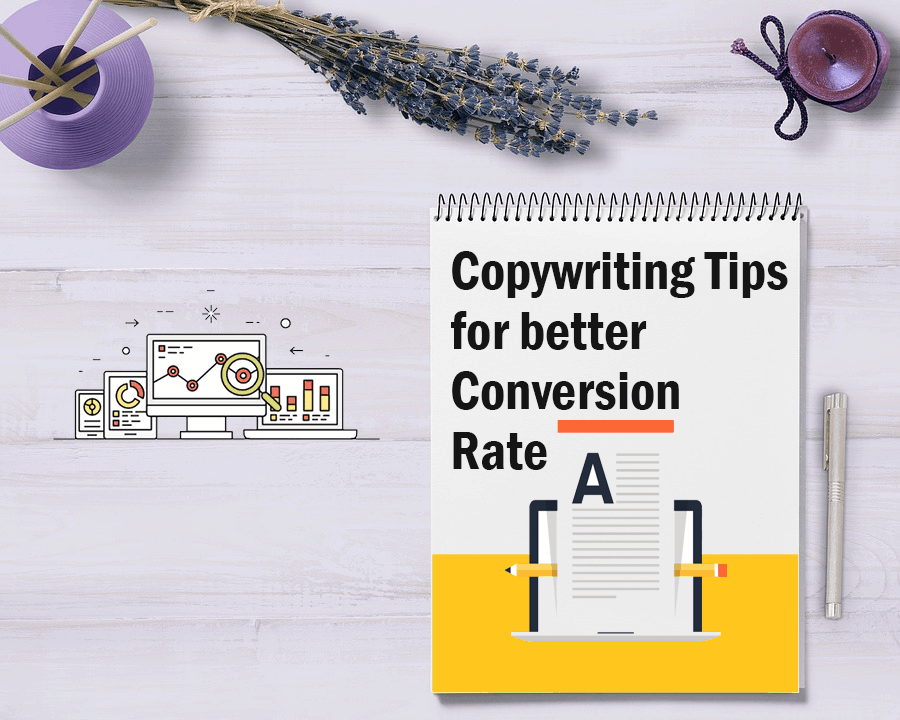Neil Patel rightly says in the video embedded below that there are more than a billion blogs on the Internet and pretty much everything has been rewritten. Content writers these days are mostly regurgitating old stuff.
No, it doesn’t mean you stop publishing content on your blog. I cannot find the link, in an interview Seth Godin says that when implementing a content marketing strategy, don’t worry about being unoriginal. Just be relevant to your audience.
Take for example the title of this blog post. The video above talks about the essential skills that a professional content writer must have. I’m creating a blog with more or less the same title. If you do a search on Google, you will find thousands of blog posts and web pages talking about the same topic with various combinations.
It doesn’t mean I shouldn’t write about this topic.
What’s the difference? The difference is that I’m not simply copy/pasting content written by someone else. I’m not even transcribing what Neil a saying in the video. I’m presenting my own take. This makes my blog post on the same topic unique.
Besides, the audience of my blog is the audience of my blog. You may not be searching for this topic on the Internet actively. Even if you have arrived on this blog after looking for essential skills for a professional content writer, what you’re reading here is completely my own perspective.
Below I’m listing some skills that a content writer needs for professional writing. I may not be covering all the skills, but I’m covering all those skills that I use on daily basis when writing content for my clients.
Have a unique voice
Every writer has his or her unique voice. It is called “writing voice”. This is what makes your content unique even when you’re writing about a topic that many have already been written about.
Your unique voice is your own way of saying things. It is consistent. Almost all my clients these days hire me for my writing style. They go through my blog post, they go through my website, they like the style, and they want the same style for their own websites and blogs.
Recently a client even highlighted a portion of my homepage to explain to me what sort of writing he is looking for.
Constantly improve your writing
The more you improve, the more confident you get, and then the more defined your voice becomes.
Improving your writing means learning new writing techniques, learning to use new words and phrases, and observing what works and what doesn’t.
The side benefit of learning-induced confidence is that you no longer write to impress. You write to communicate. You are done with impressing. Now you mean business. You are not even worried about committing mistakes because you know that those are not mistakes but intentional waywardness to make a point.
Learn to write in a conversational style
This is more important for a content writer. When you are writing content – whether you’re writing business content (that is supposed to be serious) or blog content (where you can let yourself lose a bit) – you are having a conversation with the reader.
Writing in a conversational style isn’t as simple as it seems. Only those writers who have written a lot and who have nothing to prove, write in a conversational style. Novice writers are constantly worried about what type of sentences they are writing and what type of words they are using. Skilled content writers on the other hand, aren’t worried about these things.
What is conversational style?
- Use short sentences.
- Use simple words.
- Express an idea in one sentence.
- Don’t have paragraphs with more than two sentences.
- Avoid compound or complex sentences as much as you can.
- Use the language you would use with someone sitting face-to-face.
Acquaint yourself with SEO nuances
Although as a professional content writer you are not providing SEO services, search engine optimization is a big part of writing content. Many clients hire you because they want to improve your search engine rankings.
Google uses 200+ factors when ranking content, but when it comes to writing and organising text, it is completely in your hand how you do it.
Here are a few things you can achieve as a content writer:
- Creatively use the main keywords in the title.
- Use the main keywords in the first 100 words of the write-up.
- Not always but use the main and the LSI keywords in headings and sub-headings.
- Not always but use the main and the LSI keywords when explaining a concept using bulleted points.
- Don’t stuff your keywords needlessly; always use them contextually.
- Creatively use the synonyms.
Learn to research
Just like SEO, research is a big part of content writing. Most of the clients will simply give you a title and a few pointers just because you force them to give them to you. Otherwise, they won’t even give you a title – they will simply tell you what keywords to focus on and then ask you to come up with a title as well as the outline.
Research helps you. Learn to do the right research. You will be mostly using Google and other search engines. Use advanced search. There are many non-mainstream search engines that can take up lots of good information. You can also look up other sources such as Reddit.
A precautionary note, though: researching doesn’t mean plagiarizing. Research to obtain information and then use your own writing to convey that information.
Learn not to get swayed by advice
This is very important. Since on the Internet it is very easy to give advice, there is an abundance of it. People can create videos. People can publish blog posts (wink wink). There are social media updates. There are podcasts. There are Pinterest pins. There are Instagram carousals. Lots of advice.
Advice is not bad. But too much of it is bad. Therefore, as I have written above, it is very important for a professional content writer to keep learning, learn to use your own discretion what you want to learn and what you want to ignore.
Learn to take and manage notes
The notes that you gather are going to be the repositories of knowledge that will come handy for years.
During client assignments, during random reading, during posting on social media and on your blog, lots of ideas and useful information pass your eyes. Don’t let such opportunities go waste. Learn to save useful information.
I take lots of notes when reading books on Kindle and other book readers. Then once I have completed the book, I go through the notes and save them either in OneNote or Google Keep. Shorter notes go to Google Keep and bigger notes go to OneNote.
Learn to manage information when working on long pieces
As a content writer you may need to work on an e-book or a white paper or a case study. A white paper or a case study may not be very long, but normally, an e-book is.
Recently I worked on an e-book that was more than 70 pages. The client had sent me lots of information. I needed to compile that information in a narrative, in a story form.
It helps if you know how to organize big chunks of information in a manner that you cannot only retrieve the information when needed, you can also grasp it to be able to use it for your writing.
Learn to listen carefully
When you listen properly, you understand, and when you understand, you write well. If you’re not in a habit of listening to what your client is saying, you may go on a tangent, and this will cause needless acrimony. It has happened with me. I was not a good listener.
The problem with not listening is that even when you have written an exceptional piece, since it is not as per your client’s expectations or the brief that he or she gave you, your entire effort goes waste.
These are some essential skills that can help you grow as a professional content writer. There may be more. You don’t have to apply all. But these will help you stand out even when people tell you that almost everything has been written and there is nothing you need to say. That’s not the case. As long as you write using your own voice, you’re always going to write something unique.



